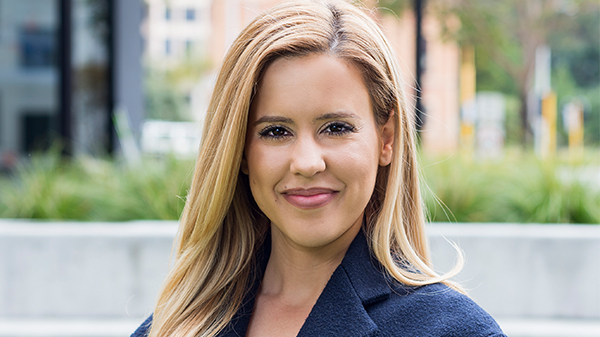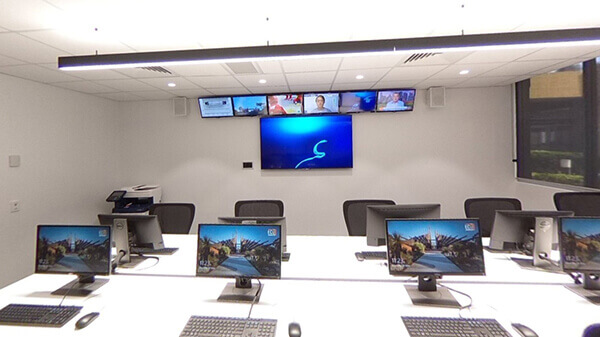Details
Structure
Students must complete eight (8) units totalling 120 credit points:
Year 1 - Semester 1 | Unit Code | Unit Title | Credit Points |
| Introduction to Broadcasting and Digital Journalism | 15 |
Year 1 - Semester 2 | Unit Code | Unit Title | Credit Points |
| Media Law and Ethics | 15 |
Year 2 - Semester 1 | Unit Code | Unit Title | Credit Points |
| New Media and Social Influence | 15 |
Year 2 - Semester 2 | Unit Code | Unit Title | Credit Points |
| Audio Storytelling | 15 |
Year 3 - Semester 1 | Unit Code | Unit Title | Credit Points |
| Convergent Digital Newsroom | 15 |
| Visual Storytelling | 15 |
Year 3 - Semester 2 | Unit Code | Unit Title | Credit Points |
| Investigative Journalism | 15 |
| Broadcasting and Digital Journalism Project | 15 |
For more detailed unit information for this Major take a look at our Handbook. To organise your life for next semester visit the Teaching timetable.
Student handbook
Notes
Learning Outcomes
- Apply broad knowledge of journalism and broadcasting to a range of theoretical and practical situations
- Think critically to analyse, interpret and conceptualise complex journalism and broadcasting issues.
- Think creatively to anticipate challenges and generate journalism and broadcasting solutions.
- Apply information literacy skills to access, evaluate and synthesise relevant information from multiple sources.
- Communicate journalism and broadcasting knowledge and ideas clearly, coherently and with independence.
- Demonstrate a global outlook with respect for cultural diversity.
- Work collaboratively and demonstrate initiative to implement ethical values in journalism and broadcasting materials.
- Demonstrate autonomy, accountability and judgement for own learning and scholarship and/or professional practice.
Career Opportunities
Possible future job titles
Journalist, Broadcaster, Radio Reporter, Producer, Television Presenter, Digital Editor, Political Media Staff, Film/Food/Music Reviewer, Digital Content Producer, Social Media Consultant, Media Teacher, Advertising Copywriter, Public Relations Professional, Media and Communication Officer, Sports Reporter, Business Reporter, Health Reporter, Science Reporter, Data Journalist
This Major can be studied in the following courses
Experiences
Facilities
View our facilities
Check out our work
Broadcasting students work with staff who are industry professionals to prepare and present programs and news bulletins. You can see a showcase of the work of our students and graduates on our Postgraduate Broadcasting Facebook page.
Student stories

Jerrie Demasi
ECU Broadcasting graduate & Channel 9 Perth News presenter
I chose ECU because it is simply the best option for studying broadcasting in WA
You get so much hands-on experience and real-world advice from lecturers and tutors who are often professionals in the industry.
The lecturers offered a no-nonsense approach to the industry and really prepared me for a field of work that is not glamorous and not for the faint-hearted.
I had no misconceptions about what I was signing up for which made me feel more than prepared for work experience. I have stayed in contact with my lecturer and she continues to help me with my career decisions – even today.








